5 Best Accessibility Plugins and Where They Fall Short
5 Best Accessibility Plugins and Where They Fall Short
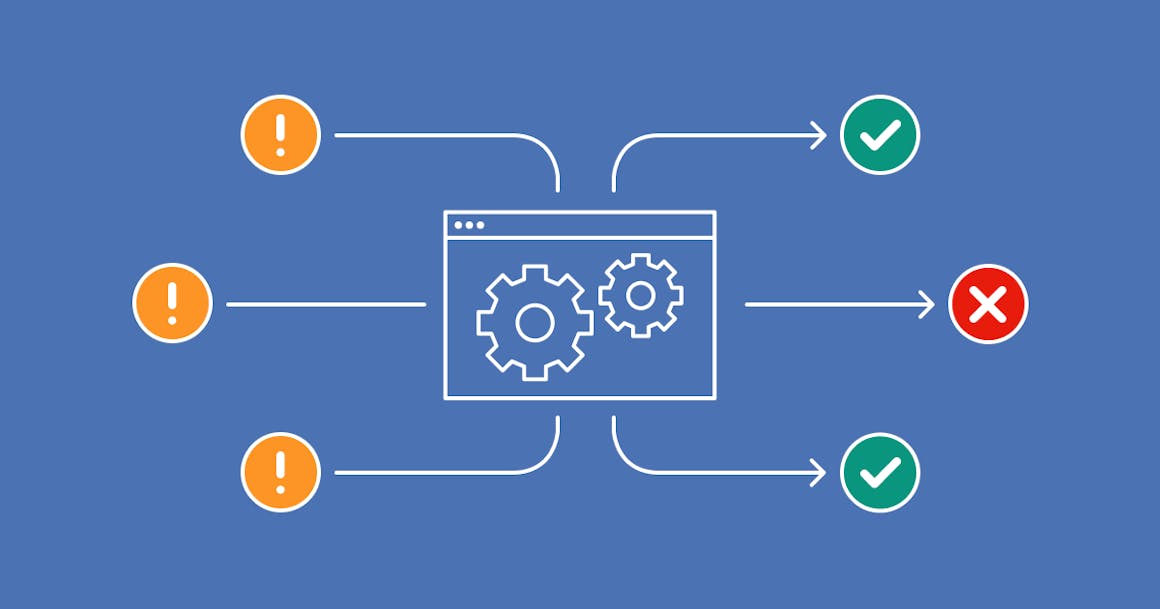

Ready to see AudioEye in action?
Watch Demo
Making your website compliant with accessibility laws (such as the Americans with Disabilities Act and European Accessibility Act) has numerous benefits. However, the path to getting there can’t be solved by automation tools — such as accessibility plugins — alone. We’ll explore where accessibility plugins fall short and what to do about it below.
Originally Published on May 6, 2021
For many organizations, keeping websites compliant with digital accessibility laws such as the Americans with Disabilities Act (ADA), European Accessibility Act (EAA), or the Accessibility for Ontarians with Disabilities Act (AODA) is an uphill struggle. With many other businesses jostling for attention, it’s all too easy for digital accessibility and compliance tasks to slip lower on the agenda.
However, this doesn’t mean organizations aren’t aware of the need — and legal requirements — around digital accessibility. They simply need a fast, simple, and effective way to enhance accessibility and meet legal requirements. This is usually when organizations turn to accessibility plugins as a way to resolve accessibility problems and meet EAA and ADA compliance standards.
Thanks to recent technological advances, accessibility plugins have become more efficient in fixing basic accessibility issues and helping to improve website accessibility. However, reaching compliance is much more nuanced than just “Running this web plugin, and all your ADA issues will be fixed.”
That’s what we’ll explore below — the top accessibility plugins and what they do. More importantly, we’ll look at what accessibility plugins can’t do and why human intervention is still needed.
What is an Accessibility Plugin?
Accessibility plugins are tools designed to make digital content easier for everyone to use, especially for individuals with disabilities. These plugins can be added to websites or applications to improve how users interact with content — whether through better readability, navigability, or offering more ways to interact with digital content.
What can Accessibility Plugins Do?
At their core, accessibility plugins modify the user experience based on individual needs. Some allow users to switch to a screen reader mode. Other accessibility toolbars or plugins offer tools like keyboard navigation enhancements or text-to-speech features. These options cater to different disabilities, impairments, or user preferences, making it easier for users to engage with content on their own terms.
For example, some accessibility plugins check for missing alt text, allowing website owners to add descriptions directly through the plugin’s interface. This is especially helpful for sites with many images, like eCommerce stores, where each product image needs a description. By adding alt text, screen reader users get a much fuller experience, as they’re not left guessing what the image is about.
Color contrast is another example. Some accessibility plugins can automatically adjust color contrast ratios or offer high-contrast levels. Providing these customizable color options that users can adjust on their own end creates a more readable (and user-friendly) experience for users.
Essentially, accessibility plugins can help bridge accessibility gaps without requiring a full site overhaul. While they don’t replace accessible design from the ground up, they do improve the experience, giving users more control over how they experience and interact with online content.
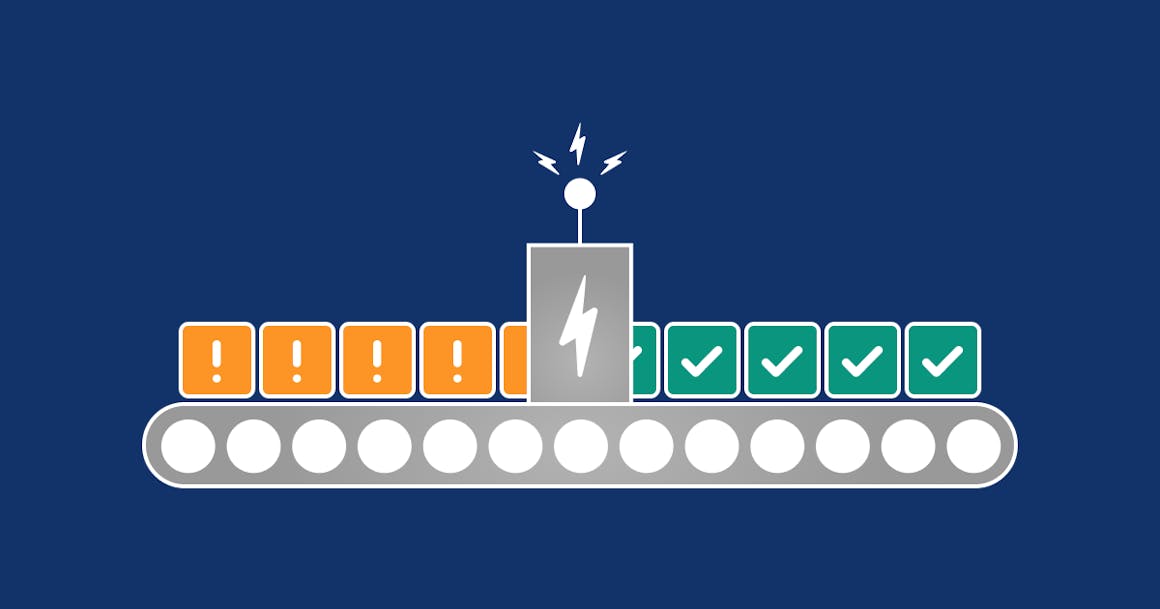
5 Accessibility Plugins to Explore
Now that you understand what accessibility plugins can do let’s look at some of the top five plugins on the market.
1. WordPress
WordPress offers a range of plugins, two of the most popular being WP Accessibility and One Click Accessibility. Both WordPress accessibility plugins make it easy to adjust digital elements like font size, color contrast, orientation, or navigation options. They also easily integrate with screen readers, helping users access content with assistive technology.
2. accessWidget
Created by accessiBe, accessWidget is a session-based design and UI adjustment tool that allows users to make adjustments based on their individual needs. Using the accessibility solution, users can easily customize website content to their individual accessibility needs. Color and display adjustments, as well as navigation changes, are a few things that can be changed using accessWidget.
3. XCompliant
XCompliant features a number of accessibility tools and compliance support to help businesses meet ADA and the Web Content Accessibility Guidelines (WCAG). Using XCompliant, users can change interface colors, alter the size and shape of on-page items, and change the icons' position.
4. AllAccessible
Made for WordPress sites, AllAccessible is an AI-powered accessibility plugin that allows users to change content, orientation, and design of online spaces to meet their individual needs. The tool is especially useful for businesses with international audiences as it offers language and region-specific customizations that enhance inclusivity on a global scale.
5. EqualWeb
EqualWeb includes a customizable toolbar and a robust set of accessibility features. It provides screen reader compatibility, keyboard navigation enhancements, text magnifiers, and more. The solution’s ease of use makes it a favorite among users looking to improve accessibility without extensive site adjustments.
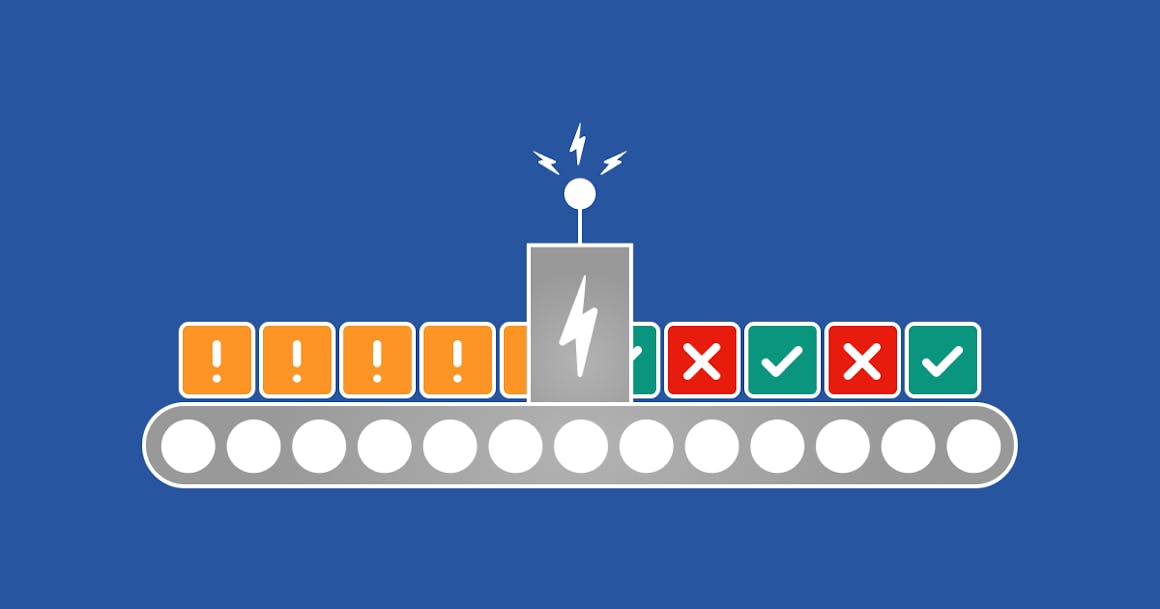
How Accessibility Plugins Can Fall Short
On the surface, accessibility plugins seem to be an all-in-one solution for meeting accessibility requirements. However, even the best-automated solutions miss a significant percentage of digital accessibility issues — particularly more complex accessibility issues such as those in outlined in WCAG 2.1 Level AA and Level AAA.
For example, accessibility plugins may struggle to identify:
- Complex interactive content: Custom-built forms, interactive widgets, or multimedia content can be overlooked by accessibility plugins. Elements like form field labeling, something that’s critical for screen readers to interpret correctly, are often missed by plugins and require manual adjustments.
- Dynamic content and updates: If a site has a lot of dynamic content that often changes (like social media feeds or live data dashboards), a plugin may not always capture every update in real time. For example, an accessibility plugin may miss labeling changes to dynamically generated content, which could cause screen readers to skip over important information.
- Customized keyboard navigation: Plugins may not be able to address custom navigation menus or complex site structures. Manual coding is necessary to ensure that users can navigate through every part of the site smoothly using just a keyboard.
- Alt text and image description quality: While some plugins can identify missing alt text, they can’t identify the quality of the alt text or write quality alt text themselves. For example, an image of a conference speaker might be auto-labeled as “person speaking” when it could be more useful to note the speaker’s name, context, and physical description of the person and location.
- Content structure and heading levels: WCAG accessibility standards require logical content structure, like properly sequenced heading levels (H1, H2, H3), to ensure screen readers can adequately interpret the hierarchy of information. Plugins might identify some heading errors but can’t always detect inconsistencies or logical issues in the structure.
Put simply, accessibility plugins are a great starting point and can cover a lot of the basics of accessibility. However, achieving true accessibility compliance requires hands-on adjustments, testing, and, in some cases, redesigning some parts of the site. Additionally, because legislation such as the ADA is more aligned with practical outcomes rather than rigid rules, it’s vital to have human judgment in the mix.
Think about it this way: An accessibility plugin can easily see if a particular yes-or-no issue has been resolved. Only an actual user can determine whether or not a website has good functionality and usability.
Today, the only workable way to manage digital accessibility and meet compliance laws is through a hybrid approach — combining best-in-class web accessibility software with leading human expertise. Use accessibility plugins to rapidly resolve simple problems and then bring in expert human testing and hands-on remediation to find and fix the remaining accessibility issues.
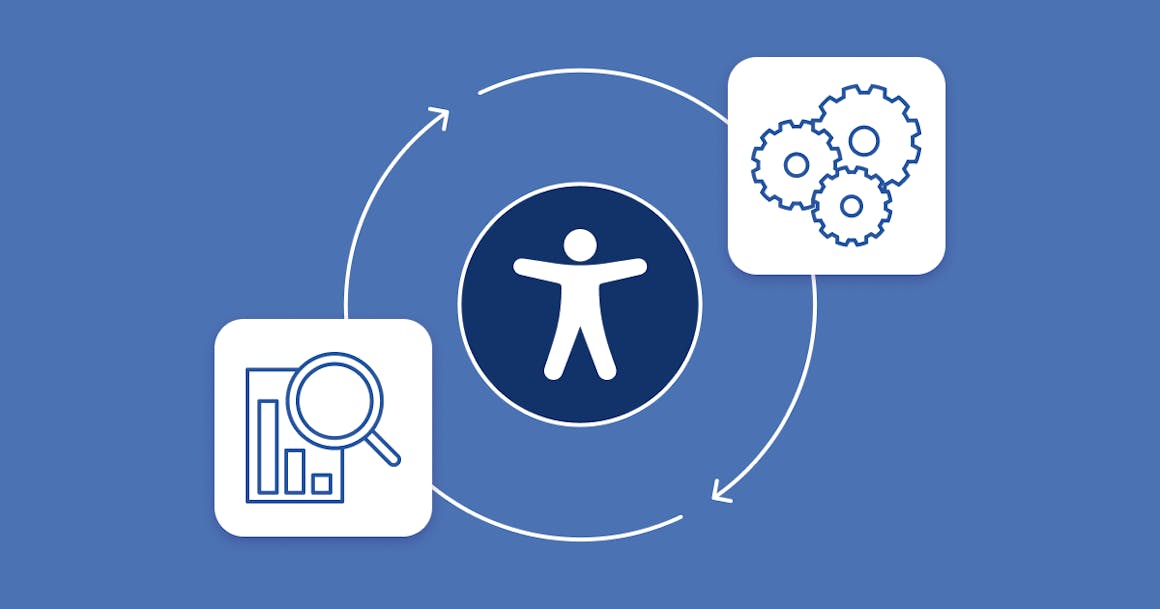
Create a More Inclusive Experience with AudioEye’s Hybrid Approach
Here’s the bottom line: there’s no silver bullet to solving digital accessibility — but there is a gold standard: AudioEye.
AudioEye takes a hybrid approach to accessibility testing, using AI-driven automation technology to find and fix issues in real-time with 24/7 active monitoring. But we don’t stop here. We supplement our automated testing with expert audits from our team of human experts and individuals from the disability community. Using AudioEye’s comprehensive approach, you save time and up to 90% in costs compared to traditional or automation-only approaches.
Ready to create a more accessible, inclusive experience for your users? Use our free Web Accessibility Checker to scan your digital content for more than 30 WCAG errors — more than any automated tool on the market.
Interested in learning more about how AudioEye moves beyond the limitations of accessibility plugins? Schedule a demo today.
Ready to see AudioEye in action?
Watch Demo
Ready to test your website for accessibility?
Share post
Keep Reading
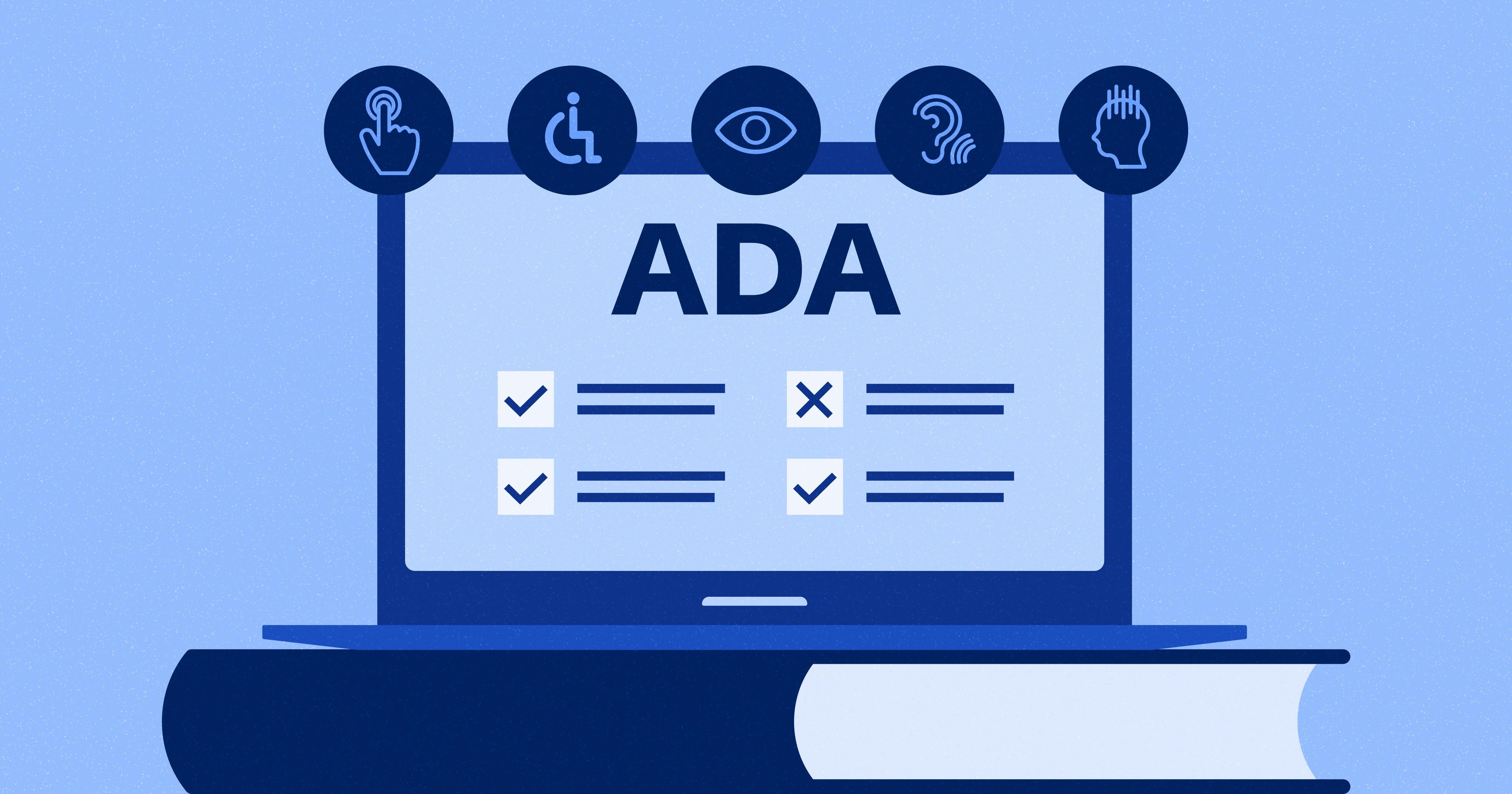
What is ADA Code Compliance?
Learn what ADA compliance and ADA code compliance mean, why they matter, and how your business can meet legal standards with this detailed guide.
compliance
December 13, 2024
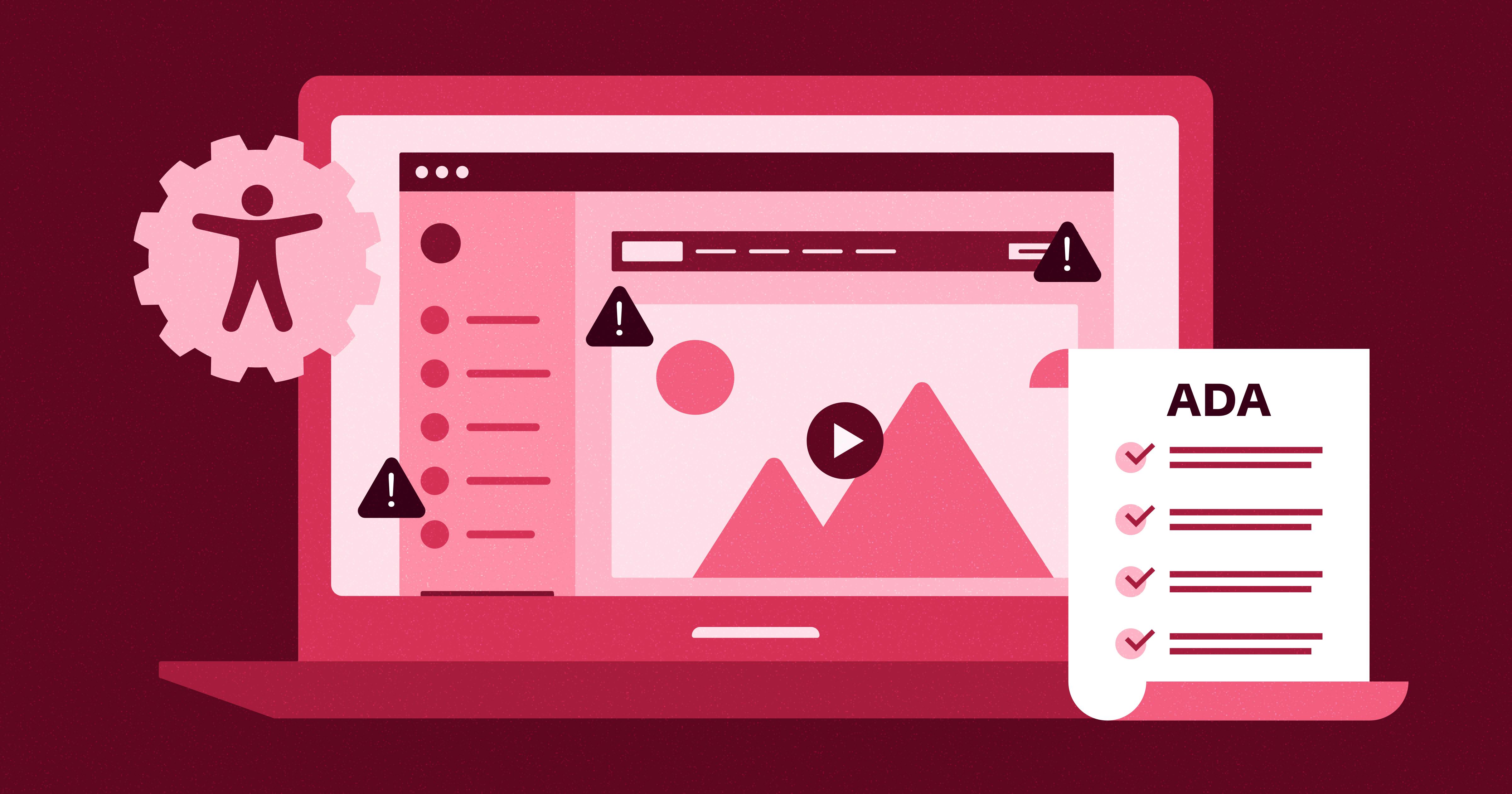
9 Best ADA Compliance Software and Services
Accessibility is important for an inclusive internet, and that’s why the ADA exists. These software and services help you achieve full legal compliance.
accessibility
compliance
December 09, 2024

A Look into 2024 ADA Compliance Lawsuits
ADA compliance lawsuits are still rising in 2024. Discover why ADA lawsuits are increasing and how to ensure your business is compliant with accessibility laws.
compliance
December 07, 2024
